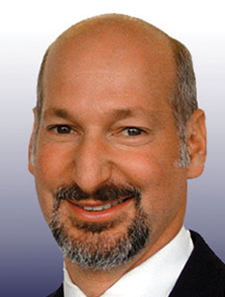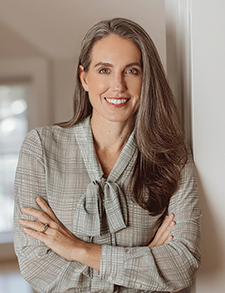The Triological Society and Wiley are happy to announce that ENTtoday has received two APEX Awards of Excellence this year for content published in 2024. The August 2024 issue was […]


The Triological Society and Wiley are happy to announce that ENTtoday has received two APEX Awards of Excellence this year for content published in 2024. The August 2024 issue was […]

There is no other organization in our specialty that promotes fellowship, camaraderie, and development across the entire spectrum of otolaryngologists (Triological Society fellows, candidates, residents, and students) the way our society does. Some organizations stop there, looking inward, promoting internal professional development. But the Triological Society also looks outward, promoting engagement, education, and opportunity outside of its member group.

Now is the perfect time to acknowledge the emotions everyone has during transitions, and to focus on the common goals that bring us all together and the creation of an environment that cultivates honest, constructive conversations and highly functioning teams

Healthcare, like many other fields, saw the “Great Resignation” in the 2021 post-COVID-19 era and then shifted in 2023 to what Gallup calls the “Great Detachment,” describing the phenomenon of employees staying in their jobs despite record low job satisfaction because of a cooling job market and inflation.

With the hustle and bustle of the day-to-day, it’s easy to forget the positive impact that even the most common procedure can have on an individual patient.

Model the emotions that you want to have in your work environment, as emotional culture is contagious and needs to be supported at all levels of the organization.

Hospital- and system-based training on emergency preparedness is likely a mandatory learning module for the healthcare workforce due to the increasing frequency of both natural and man-made disasters, from wildfires, floods, hurricanes, tornadoes, and snowstorms to mass casualties.

Welcome to 2025! What will office space need to look like in 2030? 2035? Our hybrid world is most likely here to stay. What can be done to provide our […]

There are some ethical considerations in using a holistic approach to otolaryngology care, including privacy issues, inappropriate lifestyle interventions for a given patient, autonomy and informed consent, and cultural sensitivities.

Laryngology enables Dr. Syamal to apply her love of engineering, fluid dynamics, and the physics of vibrations to the clinical pathology and ENT disease conditions she treats.